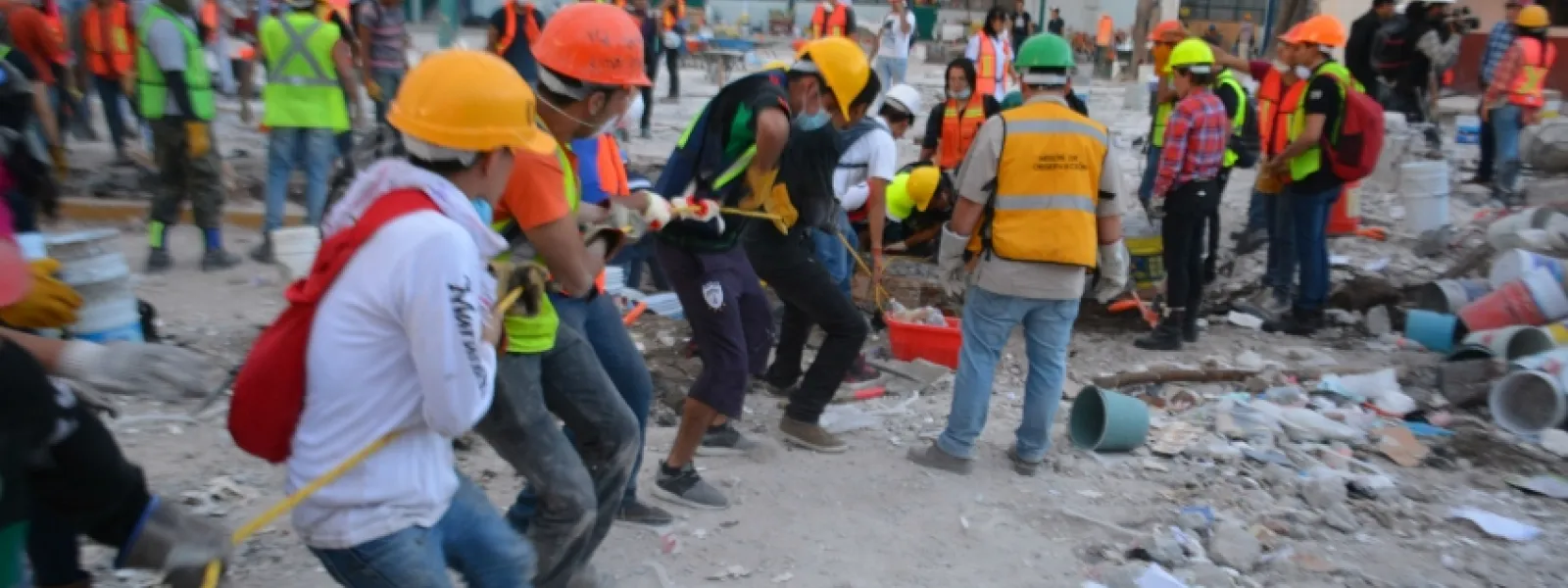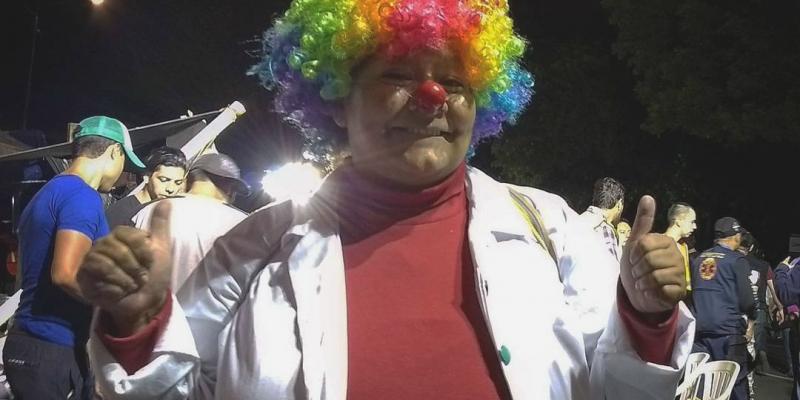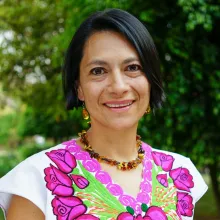
After the Mexico City earthquake, a call to create a better city
About a month ago, on September 19, a 7.1 magnitude earthquake struck near the heart of Mexico City.
In the quake’s aftermath, on top of all the tears and fear and aguish, I was overcome with solidarity and love, by the signs of an awakened and united citizenry.
I’ve been living here for more than 13 years, and never before have I felt so proud to call this place home.
Everyone who could went out to the streets to help. It was impressive to see how we employed our professions, our skills, and our pastimes in the service of others: medicine, engineering, architecture, cooking, masonry, carpentry, psychology, therapy, advocacy, education, communications, acting, and art. Every bit of knowledge was useful in a million different ways.
The support of neighbors and local businesses was essential. Restaurants and cafes provided food, drinks, and bathrooms to anyone in need. Internet networks and electricity were offered up free of charge. Thousands of people set to work in the wreckage of collapsed buildings, in collection and aid-distribution centers.
We became a real, alive, awakened, tireless, connected and supportive city.
With all that has happened over the last month, it is this spirit of citizenship and support that has remained with me. Friends and strangers alike were inspired to help and to share; they were proud of their actions but not seeking any spotlight.
I hope we can keep this spirit alive in the months and years to come.
Instead of going back to being anonymous, disconnected residents of this monstrous city, people skeptical of the unknown and afraid of the shadows, we can be more. We can reinvent ourselves, remain active and involved citizens; we can be better.
It’s the least we can do to honor the people who died, and those who lost their homes and their ways of life. Only then will all this pain be for something greater.
If we maintained these habits of generosity, we could drastically improve the quality of life in our city. Perhaps we would be removed from The Economist’s list of the worst cities to live in Latin America. And, most importantly, perhaps we could all live safer, more peaceful and happier lives.

What if, in the face of corruption, instead of just complaining, we formed a human chain to denounce it, find solutions, and implement them? Can you imagine the difference we would make?
What if, in the face of environmental pollution, we sought to better understand the causes and solutions, and demanded effective action from both the government and those responsible for the damage?
What if, in the face of the irregularities of urban development—made evident by the earthquake—we supported citizen-oversight initiatives to ensure that complaints are followed up, and codes and norms are complied with?
What if, in the face of inequality, we formed another human chain for the more balanced distribution of resources, to ensure they get where they’re most needed?
We’ve seen what we can achieve together, and we know that we can all give more than we normally do. We know now that when there is trust and time, the greatest gift we can give is ourselves.
So, a month after the earthquake, I invite you to continue being part of our human chain—for our city, our country, our region, and our planet.
By becoming protagonists and finding solutions, instead of being victims and complaining, we can truly make a difference.
We’ve seen that the government doesn’t cut it, and that we can do more with our own hands.
For my part, I will continue my work as an environmental attorney with AIDA. But I will also commit to remaining connected to my neighbors and community, and to contributing to the reconstruction of our city.
And what about you? What human chain did you join the day of the earthquake, and what connections will you choose to form and strengthen now?
Astrid Puentes

Astrid Puentes Riaño was one of the two Co-Executive Directors of AIDA (2003-2021). She was responsible for AIDA’s legal efforts and organizational management. Originally from Colombia, Astrid has significant experience linking environmental protection with human rights, and climate change, highlighting the importance to prioritize climate justice. For over twenty years she has been working on public interest litigation, especially in the field of human rights, the environment, and climate change. Astrid holds an LL.M. in Comparative Law from the University of Florida, a Masters in Environmental Law from the University of the Basque Country, and a J.D. from the Universidad de Los Andes, Colombia. Astrid has also taught several seminars and classes on human rights, the environment and climate change, including at American University Law School in Washington, and the Universidad Nacional Autónoma de México (UNAM).
